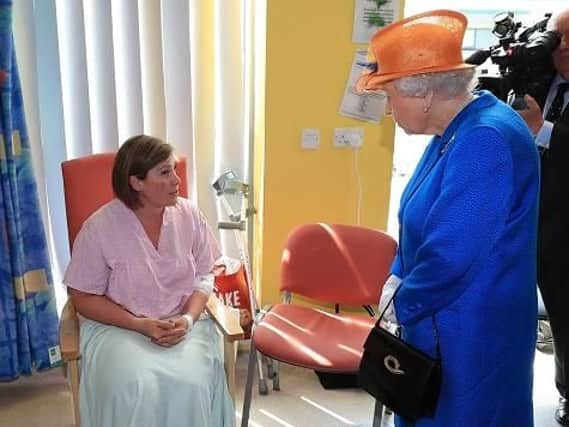Psychiatric after-care for terror victims is slammed


Survivors of attacks have been forced to pay for their own treatment or wait months for an appointment, according to a report.
The paper - published by Survivors Against Terror this morning - is based on a survey carried out to assess the support offered in the wake of terrorist atrocities.
Advertisement
Hide AdAdvertisement
Hide AdThe 271 respondents included people who were injured in or witness to attacks and the relatives of victims who were killed or injured.
Incidents covered ranged from the 1980s to as recently as last year and included attacks in both the UK and overseas.
A number of Wigan people were among those injured in last year’s Manchester
Arena terrorist bombing which claimed 22 lives and left more than 100 wounded.
Advertisement
Hide AdAdvertisement
Hide AdThe report said: “While there is much that is encouraging in the data, the survey also reveals major gaps in service provision that require urgent attention.
“Chief among these is the lack of adequate mental health provision.”
Three-quarters of those surveyed said mental health services require improvement.
One respondent said: “Mental health services are diabolical here, I still have not seen a psychologist 14 months after the event.”
Advertisement
Hide AdAdvertisement
Hide AdRuth Murrell, who was injured in the Manchester attack, said: “The physical injuries were serious, but the mental side was very much harder to deal with.
“I was told a referral to mental health services would have a waiting time of nine to 12 months for an initial appointment.
“I couldn’t cope.
“There was a period when I couldn’t sleep, couldn’t eat and was vomiting constantly.
“I had to find my own specialists and go private, at £85 an hour, to get the support I desperately needed.”
Advertisement
Hide AdAdvertisement
Hide AdThe research identified a “profound crisis in mental health services”, according to Survivors Against Terror, while its chairwoman Charlotte Dixon Sutcliffe said the survey unearthed “shocking” stories that “seem increasingly like the norm”.
She added: “Governments promise survivors they will be looked after but this survey shows that when it comes to mental health services they are being routinely let down.”
Away from mental health services, though, the picture was a more positive one.
Most services were rated by 80 per cent of respondents as good, very good or exceptional.
Advertisement
Hide AdAdvertisement
Hide AdThree in five described support from paramedics as very good or exceptional, with a similar percentage (59 per cent) scoring the police in one of the top two brackets.
NHS hospital care was rated as very good or exceptional by an even higher proportion of participants, at 80 per cent.
Survivors Against Terror was set up earlier this year with the aim of helping tackle the traumatic after-effects of terrorism more effectively and ensuring that victims and their families receive the support they need.
Survivors of terror attacks were due to be taking a copy of the report and an open letter to 10 Downing Street today.